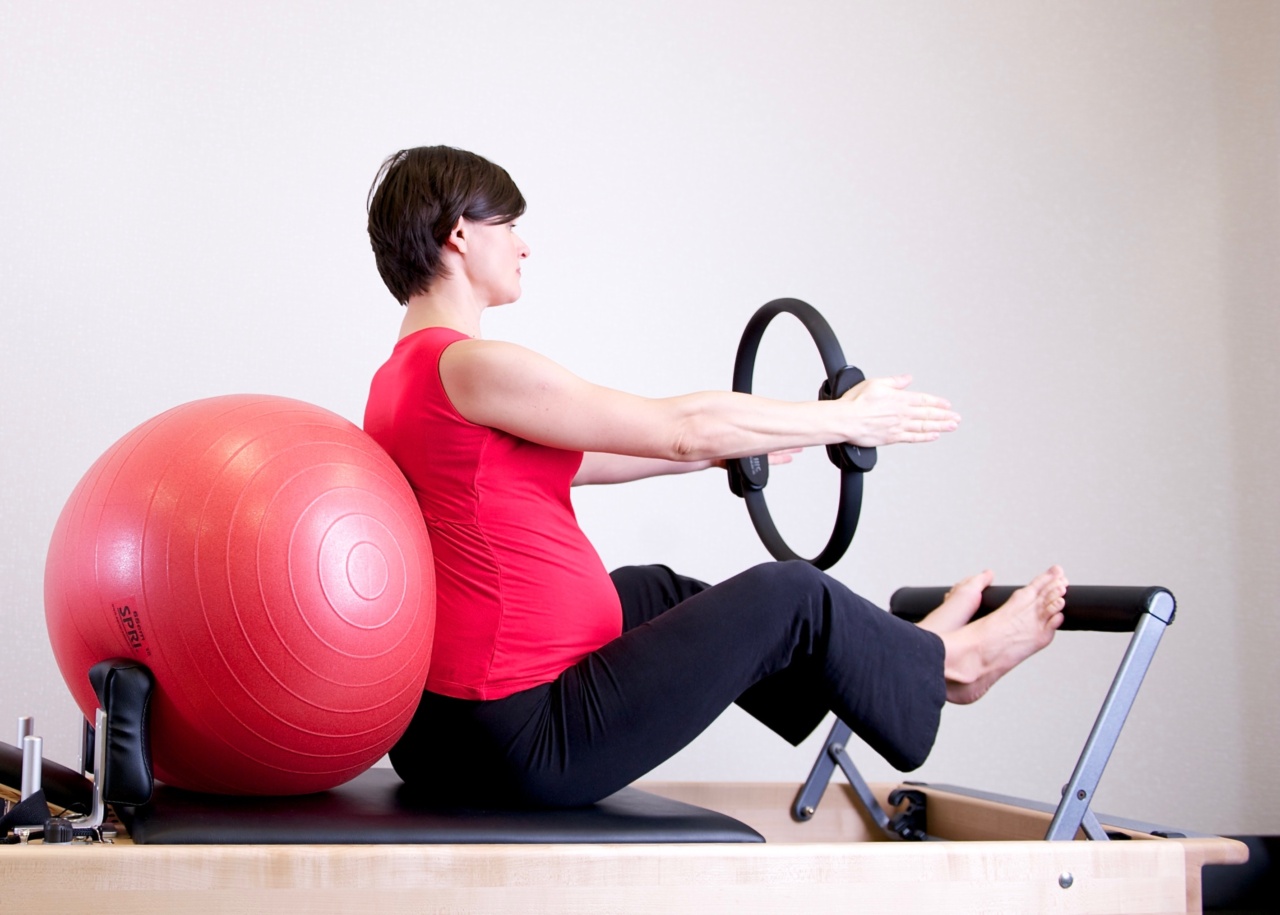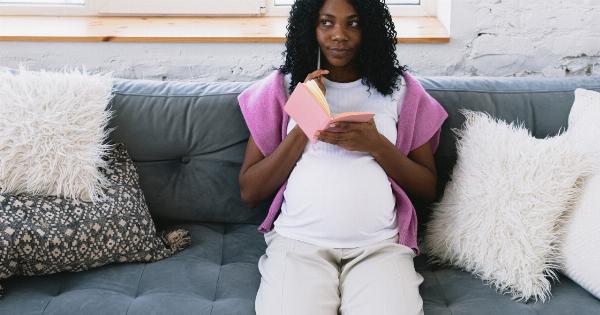Pregnancy is a journey that requires women to maintain good health for the baby and themselves. Pilates is a safe and effective form of exercise that can benefit pregnant women in a variety of ways.
This article will explore the benefits of pre-natal Pilates, the safety measures to take, and how to get started with this form of exercise.
The Benefits of Pre-natal Pilates
Pilates exercises can help pregnant women to maintain their strength, improve their posture and flexibility, and reduce the risk of developing back pain. Here are some of the benefits of Pilates exercises during pregnancy:.
Strengthens pelvic floor muscles
Pelvic floor muscles play an important role during pregnancy and childbirth. Pilates exercises help to strengthen these muscles, which reduces the risk of incontinence and supports the weight of the growing baby.
Improves posture and stability
Pregnancy can cause changes in posture and stability due to the weight changes and the increased size of the belly.
Pilates exercises help to maintain proper alignment and posture, which can reduce the risk of developing back pain and other pregnancy-related issues.
Reduces stress and anxiety
Pilates exercises can help pregnant women to relax and calm their minds. The breathing techniques used in Pilates exercises can promote relaxation and reduce stress and anxiety levels, which can benefit both the mother and the baby.
Prepares for labor and delivery
Pilates exercises can help pregnant women to prepare for labor and delivery. Pilates exercises can strengthen the abdominal muscles, which is important for pushing during the delivery process.
Pilates exercises can also improve breathing, which is important for managing pain during delivery.
Safety Measures to Take
Although pre-natal Pilates is generally safe, there are some safety measures to take to ensure that the exercises are safe for both the mother and the baby.
Consult with a doctor
Pregnant women should always consult with their healthcare provider before starting any exercise program, including Pilates.
The healthcare provider can evaluate the woman’s health, identify any potential risks, and provide guidance on the best way to approach Pilates exercises.
Select the right Pilates instructor
Pregnant women should select a Pilates instructor who has experience working with pregnant women.
The instructor should be knowledgeable about the changes that occur during pregnancy and understand how to modify exercises to ensure that they are safe for the mom and the baby.
Monitor intensity level
Pregnant women should monitor their intensity level when doing Pilates exercises. The exercises should be challenging but should not cause excessive fatigue or shortness of breath.
Avoid certain exercises
Pregnant women should avoid certain Pilates exercises that can be harmful to the baby or put too much strain on the body. Exercises that involve lying on the back or twisting movements should be avoided.
Getting Started with Pre-natal Pilates
Here are some tips for getting started with pre-natal Pilates:.
Find a pre-natal Pilates class
Many gyms and Pilates studios offer pre-natal Pilates classes. These classes are designed specifically for pregnant women and are taught by instructors who have experience working with pregnant women.
Invest in a Pilates ball
Pilates balls can be used during many Pilates exercises and are a great tool for pregnant women. The ball can provide support and stability during exercises and can be used to stretch and strengthen the back and abdominal muscles.
Do Pilates exercises at home
Pregnant women can also do Pilates exercises at home. There are many Pilates DVDs and online videos that are designed for pregnant women.
Listen to your body
Pregnant women should listen to their bodies when doing Pilates exercises. If an exercise feels uncomfortable or painful, it should be stopped immediately.
Pregnant women should also take breaks when they feel tired and should not push themselves too hard.
Conclusion
Pre-natal Pilates is a safe and effective form of exercise for pregnant women. Pilates exercises can help pregnant women to maintain their strength, improve their posture and flexibility, reduce stress and anxiety, and prepare for labor and delivery.
Pregnant women should take safety measures, consult with their doctor, and select the right Pilates instructor. With the right guidance and approach, pre-natal Pilates can benefit both the mother and the baby.




























